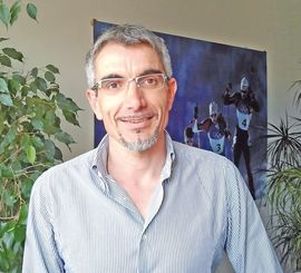 On October 20, 2016, the 11 experts participating in the traineeship of Project "Wastewater treatment: technical solutions and infrastructure management for developing countries with severe environmental vulnerabilities” visited the Integrated Ecologic Site of Acea Pinerolese Industriale Spa. The project is an initiative of Hydroaid realized with the financial assistance of the International Cooperation Fund of ATO 3 “Autorità d’Ambito n.3 Torinese” (the Water Authority of Turin) in partnership with Politecnico di Torino and SMAT with the goal of ensuring better sanitation services by providing managers and technicians with tools for designing, managing, monitoring and assessing all phases of wastewater treatment. For this purpose, the project relies on the collaboration with local specialised institusions, such as Acea, a modernmultiutility performing a broad range of services for Municipalities, Companies and the citizens. Among these are the water management, including the entire integrated water cycle, energy production, with distribution of methane gas and district heating, as well as urban organic waste collection, treatment and disposal. We interviewed Eng. Marco Avondetto, Head of the Environmental Department of Acea Pinerolese Industriale Spa, to learn more about the utility’s commitment for development cooperation. Acea Pinerolese Industriale Spa is an affirmed leader in the management of the integrated cycle water-waste-energy. The Ecologic Site of Pinerolo is a model in Europe thanks to constant innovation and attention to sustainability. How does the mission of ACEA match the cooperation initiatives promoted by the local territory? I need to bring you back in history to answer this question. Acea was founded several years ago as a consortium of Municipalities. At that time our waste department relied exclusively on the landfill and a very simple collection service. Eventually separate waste collection systems were introduced we and focused on the challenges of organic waste products. Ever since the beginning, we wanted to cooperate with the local territory; this is why we realized a plant that would serve the surrounding 47 Municipalities. Later on, we understood that was not enough. The Province of Turin was unable to deal with the increasing amount of organic waste produced there, so our site was expanded to the point it became a reference center for a clearly larger operational scale. Today we deal with the waste produced by one million inhabitants, that is to say about half of the Province of Turin delivers here its organic waste. Another important feature that makes our structure unique is the level of integration: the Integrated Ecologic Site concretely connects different infrastructures in a way that is rarely seen and cast a great visibility to our work. Over the years, Acea consolidated the expertise and infrastructure required for an effective management of water, waste and energy as a multiutility. In developing and emerging countries, these represent top priorities but their development is often precluded by limited investment capacities. How can a model of integrated management similar to Acea’s be replicated in contexts characterized by growing pressures on natural systems and frail economies? This is a complex question and its answer isn’t simple either. I must admit that the Italian framework in the waste sector, especially in terms of local regulation, is based on the idea that disposing of waste products corresponds to a given cost. As a result, delivering waste to plants such as ours implies the payment of a tariff to compensate the operational costs of the plant processes. Replicating this mechanism in other areas, poorer countries, might not be easy due to lack of funds. In addition to this, there are hygienic and sanitary issues to face. As an example, if waste is currently disposed in unmonitored sites, the first step to improve the situation should be the creation of controlled disposal areas and eventually it will be possible to set up specific waste categories chains. The existence of treatment plants specialised in specific waste categories is another key element that should be explored. On the basis of these preliminary conditions, more complex centers - such as ours in Pinerolo - can be established, as they are technologically advanced and require the payment of a tariff In the past years, the participants of the courses held by Hydroaid benefitted in multiple occasions from the experience of Acea through visits of its Integrated Ecologic Site and lectures by its experts. Do you think this collaboration contributed positively to the international standing of Acea and the local territory in a sector where efficient and environment-friendly governance systems are of the essence in supporting sustainable development? . Our collaboration was certainly useful and offered us a good visibility at the local and international level, but I believe the opportunity of sharing our experience to professionals from other countries was even more productive. Only a few minutes ago I mentioned to an Ethiopian visitor that such integrated centers can be established only provided that a tariff can be paid. In response, he told me that one of the reasons they engage in this kind of training is to learn and assess possible solutions, in order to identify which can be best reproduced in their country. At the moment they are testing an incinerator, but intend to implement of waste categories chains.
We hope that such exchanges will point at an integrated waste management system, adequate to different contexts, that will avoid the mistakes already experiences by others in the past.
0 Comments
Leave a Reply. |
Archives
April 2024
Categories |
Location
|
Contact Us
|

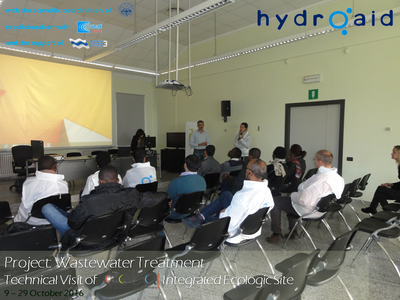
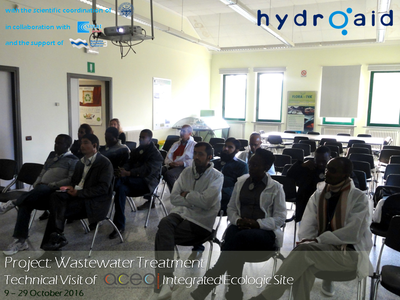
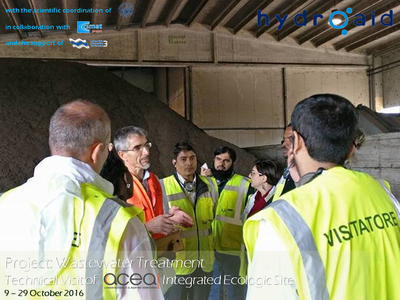
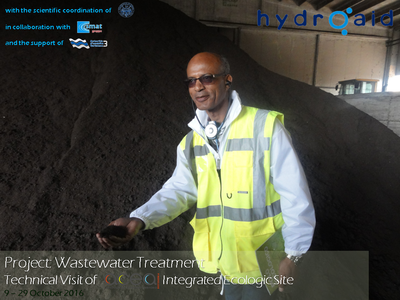
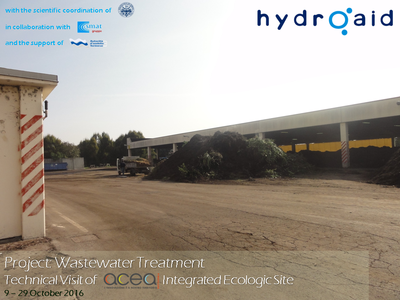
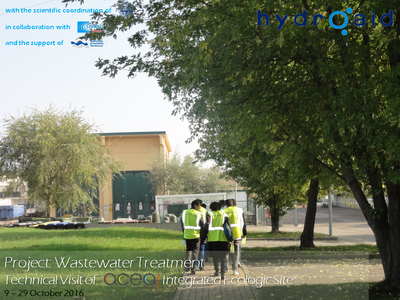
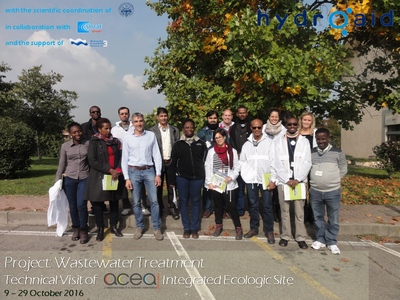
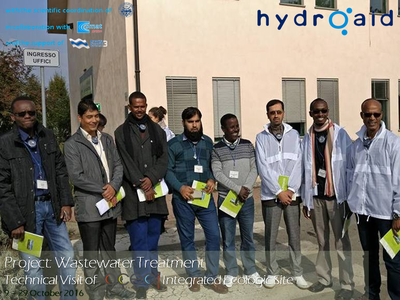
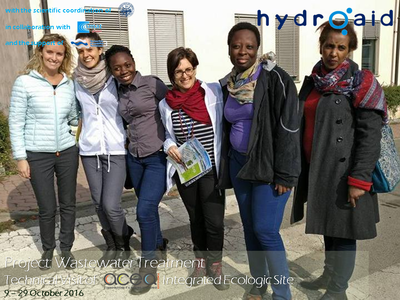
 RSS Feed
RSS Feed